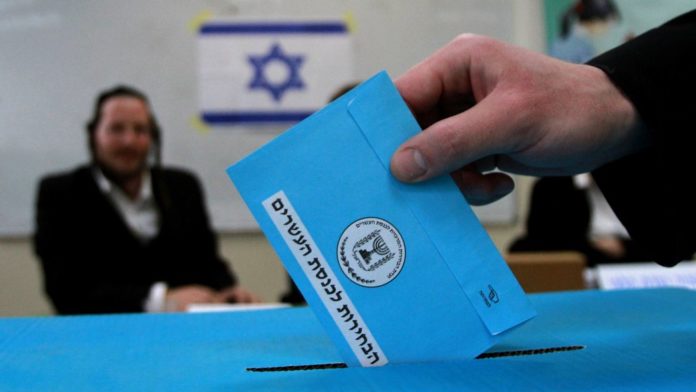
Four months after the broad-based 24th Knesset was dissolved, 71.3% of Israelis (approximately 55% of all Arab-Israelis) cast ballots from ten of the 40 party lists for parliamentary representation. This was the highest percentage voter turnout since 1981. Likud won 32 seats, followed by 24 for center-left Yesh Atid. The results gave the right-wing bloc a solid majority, while neither left-wing Meretz nor Israeli Arab-based Balad parties crossed the (3.25%) threshold. For the first time since 1992 and 1996 respectively, neither party was represented in the parliament. Contributing to the right-wing bloc victory were refusals by the Meretz and Balad party leaders to form joint lists prior to the elections with parties with similar ideological outlooks. Country wide, fewer than 10,000 ballots of those cast (some 4.8 million votes) separated right of center and left of center voting preferences. On November 13, President Isaac Herzog asked Benyamin Netanyahu, head of Likud, to form a coalition government.
